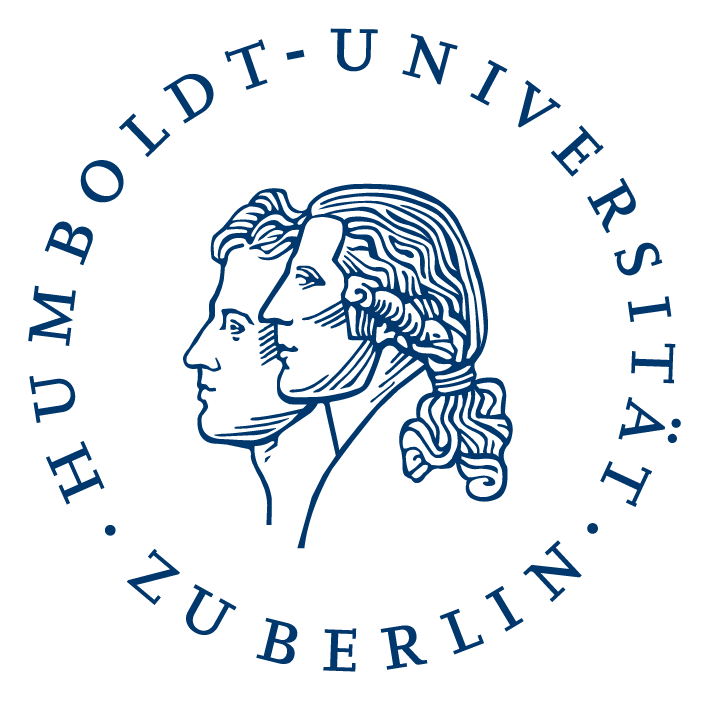Crip-epistemics in/of film, media, and games: Enganging the Archives of Disability
The panel aims to discuss visual media as means of crip knowledge-making, as a tool for re-thinking, re-configuring, and re-organising the existing knowledge about diversity and the established histories.
Panel proposal for "Epistemic Media: Atlas, Archive, Network" NECS conference in Bucharest (Romania) National University of Theatre and Film, 22-26 June, 2022
Time: 22-26 June 2022
Location: Bucharest, National University of Theatre and Film
Deadline for submissions: 25 January 2022
In the history and theory of film and media, disability has often been used as a narrative prosthesis (Mitchell/Snyder 2000) that provides characters with instantly recognizable and narratively effortless motivations or stories, or as a metaphor for innocence, evil, or overcoming bodily impairments. Visual media produced in medical and other scientific contexts often renders disabled bodies as silent, passive objects of interference, management and treatment (Mitchell and Snyder, 2006). While the dichotomy of able-bodied and disabled corporealities still prevails in popular and scientific accounts, there has been a noticeable shift that foregrounds a critical perspective on such circulating images and discourses by drawing on collective efforts and participatory methods (Chivers and Markotic, 2010). Crip-epistemics in/of film, media, games engages with such approaches and aims at re-organizing, re-creating and challenging the history, theory, and practices of film, media, and games from a disability media studies (Ellcessor and Kirkpatrick, 2017) and queer crip (McRuer 2006; Kafer 2013) perspective.
The purpose of the panel is to discuss visual media as means of crip knowledge-making, as a tool for re-thinking, re-configuring, and re-organising the existing knowledge about diversity, the established histories (including film and media histories), and ‘write back’ to discourses disseminated through medical, scientific and documentary film, which too often failed to include lived experiences and testimony of disabled people.
We invite scholars to scrutinize and challenge the traditional historiographies surrounding audiovisual media from a disability perspective. With this panel, we wish to analyse how filmmakers, game designers, and media producers engage various archives or create novel collections to critically negotiate historic and current disability experiences, as well as situated knowledges and lived experiences.
The range of possible topics includes, but is not limited to:
- rewriting film history from a disability perspective
- rewriting media history from a disability perspective
- film and media in disability storytelling
- using medical and sci
- entific audiovisual footage and testimony in disability narratives
- disability knowledge making and sharing through film and media
- social media as disability stories archives
- disability epistemic practices on social media
- visual media as tools for science, medicine and treatment
- communicating disability knowledge and experience through visual media
- networking audiences, networking creators – disability film festivals, and online platforms
- critical work to negotiate inaccessible archive spaces
To submit the proposal, send abstract (max. 300 words), key biographical references (max. 200 words) and a short bio (max. 150 words) by 25 January 2022.
Scholars, whether previously affiliated with NECS or new to the network, are invited to submit proposals, but NECS membership is a requirement for submitting the panel proposal.
To see the Epistemic Media: Atlas, Archive, Network NECS conference general call for papers visit: https://necs.org/conference/cfp-2022/
Please note that neither NECS nor panel convenors cover travel costs. Participants need to acquire funding for their stay from their home universities or other institutions.
Organisation
Magdalena Zdrodowska, Robert Stock
Kontakt
magda.zdrodowska [at] uj.edu.pl
robert.stock [at] hu-berlin.de
Referenzen
Chivers, S., and Markotić, N., eds., 2010. The problem body. Projecting disability on film. Columbus: Ohio State University Press.
Ellcessor, E., and Kirkpatrick, B., eds., 2017. Disability media studies. New York: New York University Press.
Kafer, A., 2013. Feminist, queer, crip. Bloomington: Indiana University Press.
McRuer, R., 2006. Crip theory. Cultural signs of queerness and disability. New York: New York University Press.
Mitchell, D.T., and Snyder, S.L., 2000. Narrative prosthesis disability and the dependencies of discourse. Ann Arbor, Mich.: Univ. of Michigan Press.
Mitchell, D.T., and Snyder, S.L., 2006. Cultural Locations of Disability. Chicago, IL: U of Chicago P.



